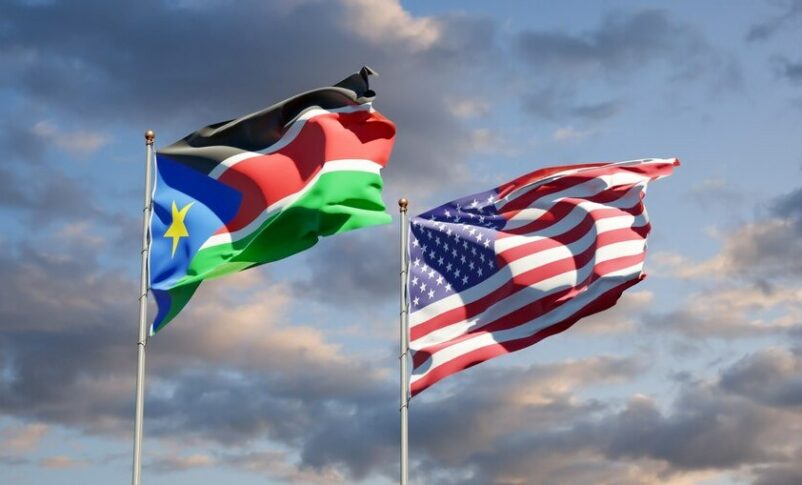USA contradictory and inconsistent dealings in South Sudan
by Steve Paterno
The USA has been staunched supporter of the South Sudanese’ cause for freedom and independence throughout the war of liberation struggle. America ensured that the ultimate goal of independence for South Sudan is achieved. By 2005, the USA brokered a peace agreement between the Sudanese government and the southern-based rebel movement, the Sudan People’s Liberation Movement/Army (SPLM/A). In 2011, South Sudan officially and peacefully became an independent nation.
Some observers claim that the USA is solely drawn into South Sudan for strategic interest to exploit resources, (specifically oil), gain the untapped market, and expand its influence through into the region. However, American government officials always maintain that their involvement in South Sudan is purely for humanitarian reasons, citing billions of dollars they have thus far provided for humanitarian assistance and developmental activities to the newly formed state of South Sudan.
Nevertheless, one cannot ignore the USA-China rivalry, when China is already deeply entrenched in South Sudan, especially in the oil industry. China is running some of the largest oil operating companies in South Sudan. It is also importing more than 40 per cent of South Sudan crude oil. Plus, China is embarking on some of the biggest infrastructural projects in the country. These, coupled with the fear that other USA rivals, like Russia, may also gain traction in South Sudan, spontaneously put the USA on an edge. Remarks such as ‘we stood with you during a hard time, where is our share of the cake’ have subtly been pronounced in corridors of powers in Washington DC against South Sudan, supposedly betraying an ally.
Worse yet, by 2013, when a civil war broke out in South Sudan—a conflict perpetuated by the ruling elites, the USA became irritated to the core. As a result of the war, several armed rebel groups sprung up, waging full-scale armed war to overthrow the seating government. The government stood its ground and, in its part, the Americans ditched the government in what it calls, “the US stands with South Sudanese people.” To some spectators, “the South Sudanese people” the U.S. is talking about is merely a euphemism for the armed rebel groups. The argument is that this is so, because ‘regime change,’ which armed rebel groups are seeking, is the alternative USA is seriously considering, but only that it does not know how to execute.
After warring factions in South Sudan signed an agreement in 2015, it resulted in another war and then another round of peace agreement was signed, three years later, in 2018. The 2018 agreement immediately showed significant results in a reduction of conflict among conventional parties. Other international actors joined in support of peace agreement implementation, but the USA refused, saying that they wanted to see some commitment from warring leaders to implement the peace. There were some obvious challenges to implementing the peace, such as a lack of funding.
After standing on the sideline for a while, the USA finally came in to fund the peace monitoring mechanism committee. Fast forward, on July 8, 2022, the U.S. Congressional delegations, which included the U.S. Ambassador to United Nations for Management and Reform, reassured the president of South Sudan Salva Kiir that America reaffirms its commitment and support for peace in South Sudan by “focusing on what South Sudan wants from the USA instead of what America wants for South Sudan.” Barely a week later after making such reassurance in Juba, Washington announced that it is withdrawing from supporting peace in South Sudan by cutting its funding for peace implementation as they are assessing their next steps. In addition, Washington also withdrew funding from World Food Program (WFP) projects in South Sudan, plus cut funding from various organizations, supported by United States of America International Development (USAID). The United Kingdom, an ally to the USA, also cut its aid to South Sudan and so are other troika countries following suit. This led one commentator to conclude, “White racism is exposed through prioritization of humanitarian aids” as they are realigning their humanitarian funding to save the “Whites in Ukraine first,” in a crisis they created.
*Steve Paterno is an author and a Research Analyst Consultant. He can be reached at [email protected]
|
ReplyReply to allForward
|

